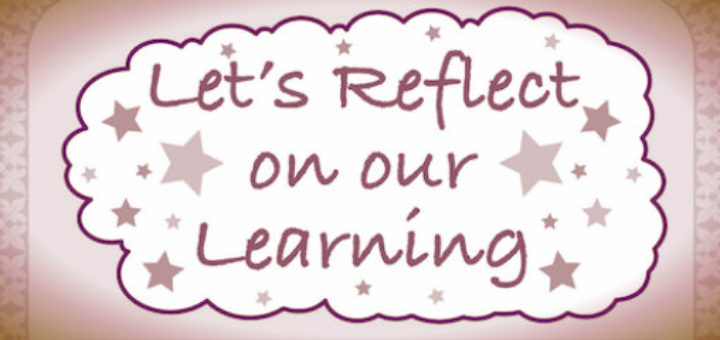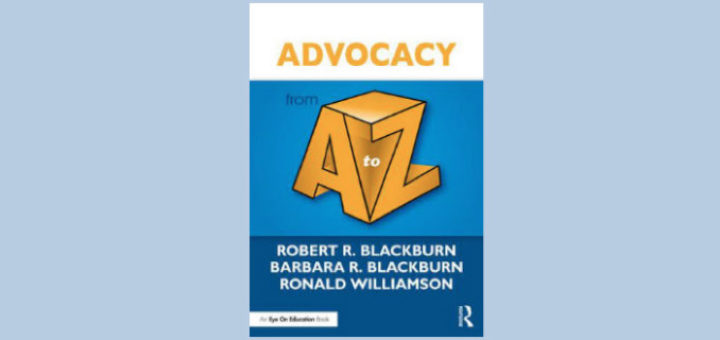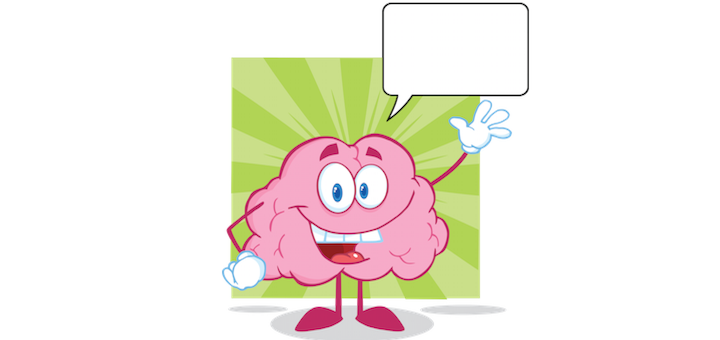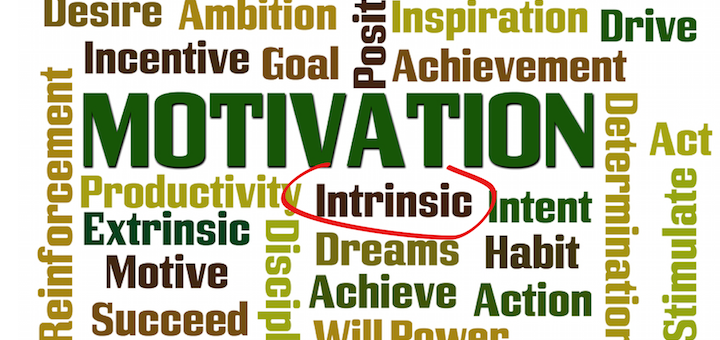Tagged: Barbara R. Blackburn
Whether it’s performing as a person from history or working on a community problem with others, an assessment that gets students to dig deep into content will result in more rigorous learning, writes consultant Barbara Blackburn. She shares examples to get kids started.
Although our assessment of students is critical to learning, we also want students to learn to assess themselves, writes teaching consultant Barbara Blackburn. Encouraging students to take measures of their own progress is both more rigorous and more empowering.
Communication is central to an educator’s role as an advocate. Of particular importance, say the co-authors of Advocacy From A-Z, is the ability of school and teacher leaders to communicate with the school board to advocate for an issue. These nine principles can help.
Take an alphabetical tour through advocating for your school in this new book from Robert Blackburn, Barbara Blackburn and Ronald Williamson. Former principal Mary Langer Thompson shares the highlights and suggests the book can be most helpful in ed leadership classes.
Barbara Blackburn strongly believes that if we are going to truly support students to higher levels, we must continually assess their learning and use that information to plan our future instruction. She offers eight formative assessment ideas that are easy to integrate.
Ongoing shared professional learning helps bolster teachers’ willingness to embrace change and collaborate. Barbara Blackburn and Ron Williamson highlight three targeted activities: learning walks, lesson studies, and a strategy to develop consistent expectations.
Assessing students’ prior knowledge allows you to customize your teaching by anticipating their needs. Consultant Barbara Blackburn provides 8 simple strategies to help you gain an understanding of what your students do and do not know before launching into a lesson.
Giving students a full share of accountability for learning requires significant school leadership, say Ron Williamson and Barbara Blackburn. The goal: require students to demonstrate understanding by successfully completing key tests and assignments.
Some aspects of grading, such as whether to grade homework, are individual choices for a teacher. But never lose sight, says expert Barbara Blackburn, of seven essential practices that determine whether grading will be fair and meaningful – or ultimately pointless.
By creating an environment that kindles intrinsic motivation, and ensures that the professionals in our schools see the value of the work and chance for success, we can increase teachers’ support for and willingness to change, say the authors of Rigor in Your School.

























